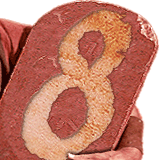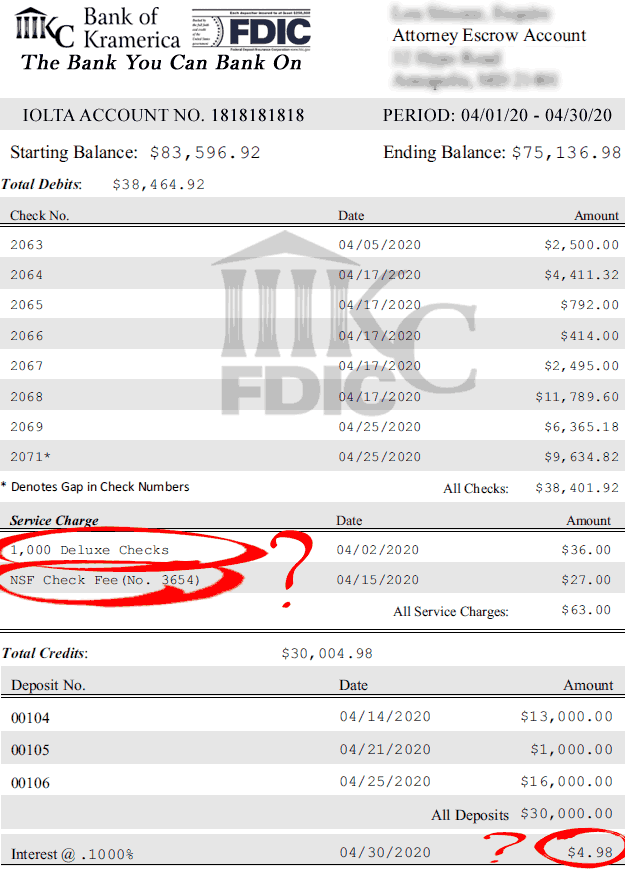
Assume that your bank will make mistakes either in opening this account or in transactions on it. Though they aren't supposed to charge fees, or to debit your clients' funds to cover account expenses, these "approved financial institutions" often do. Since you'll be held accountable for your bank's mistakes, it's your job to catch them.
Even if it's the bank's fault, most jurisdictions require the institution to report you for any resulting overdraft. This will prompt an ethics investigation and a likely audit of all transactions on your account. If you want to avoid trust account problems, don't trust your bank.
If you don't want Bar Counsel reading your account statements, you must do it yourself. Even if you don't pay attention to your own checking account, the funds you hold in trust belong to others. As a fiduciary, you are ethically required to keep close tabs on other people's money. So shoving your account statements into a drawer won't suffice.
When reading your statements, watch out for fees that your bank may have erroneously deducted. The bank shouldn't assess maintenance fees, bad check charges, check printing fees or other operating expenses against the funds held in escrow, but mistakes are quite common. If you don't catch these errors and unwittingly overdraw the account, the same bank will send an overdraft notice to Bar Counsel and trigger a further investigation.
Remember, it's your professional responsibility and your license. You cannot trust your bank with either of them.

"And why am I getting $4.98 of interest that should be going to the State?" Read on ...